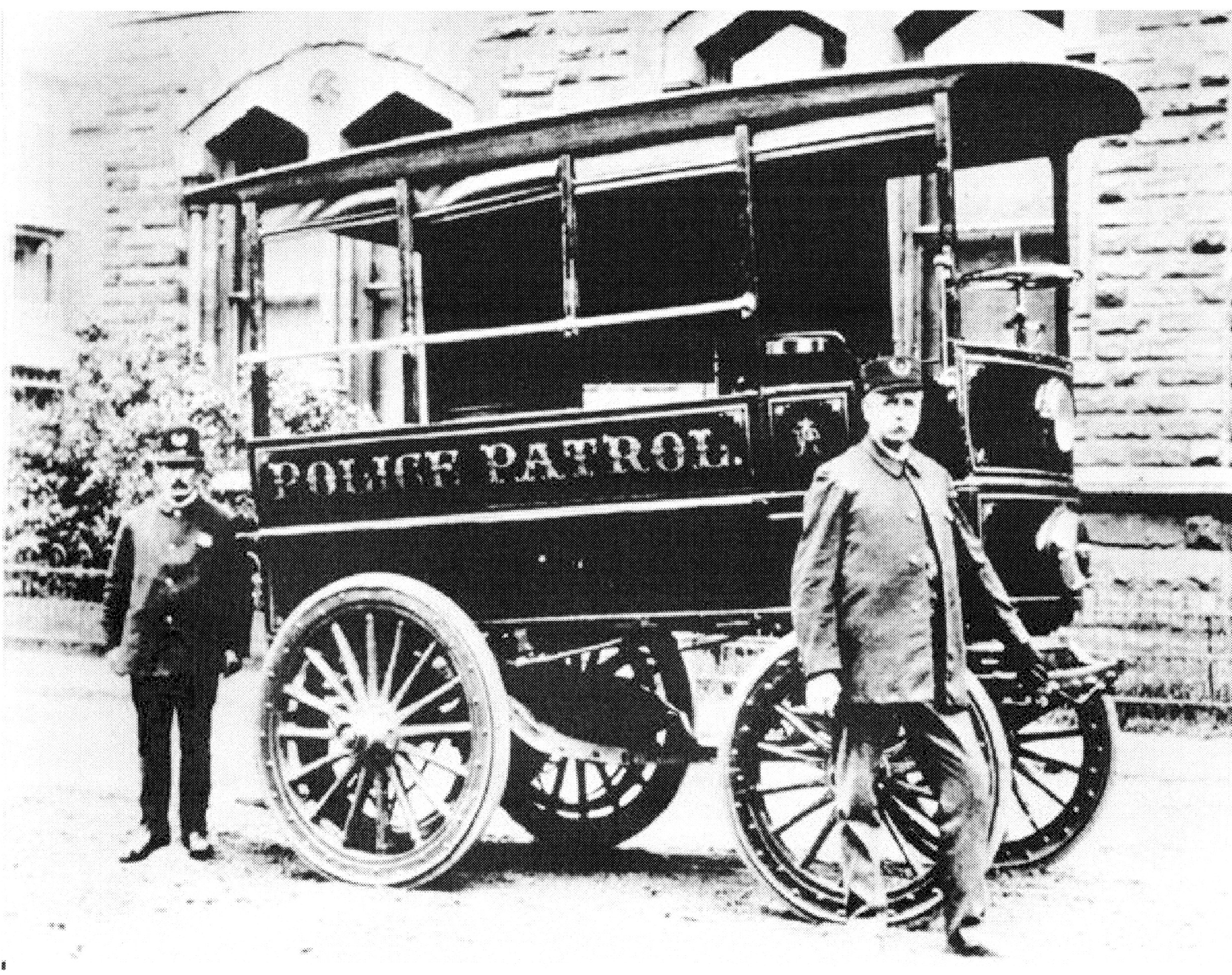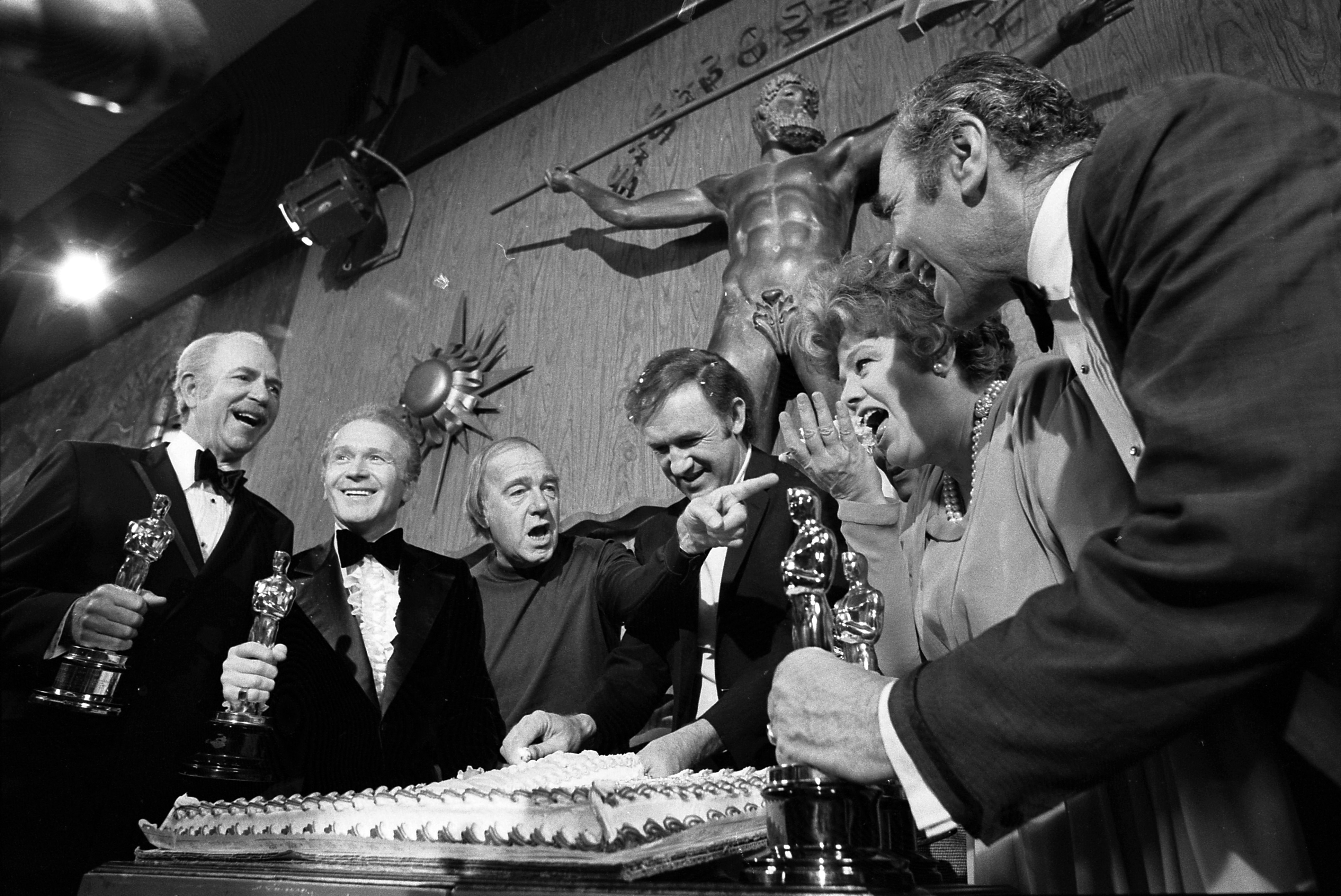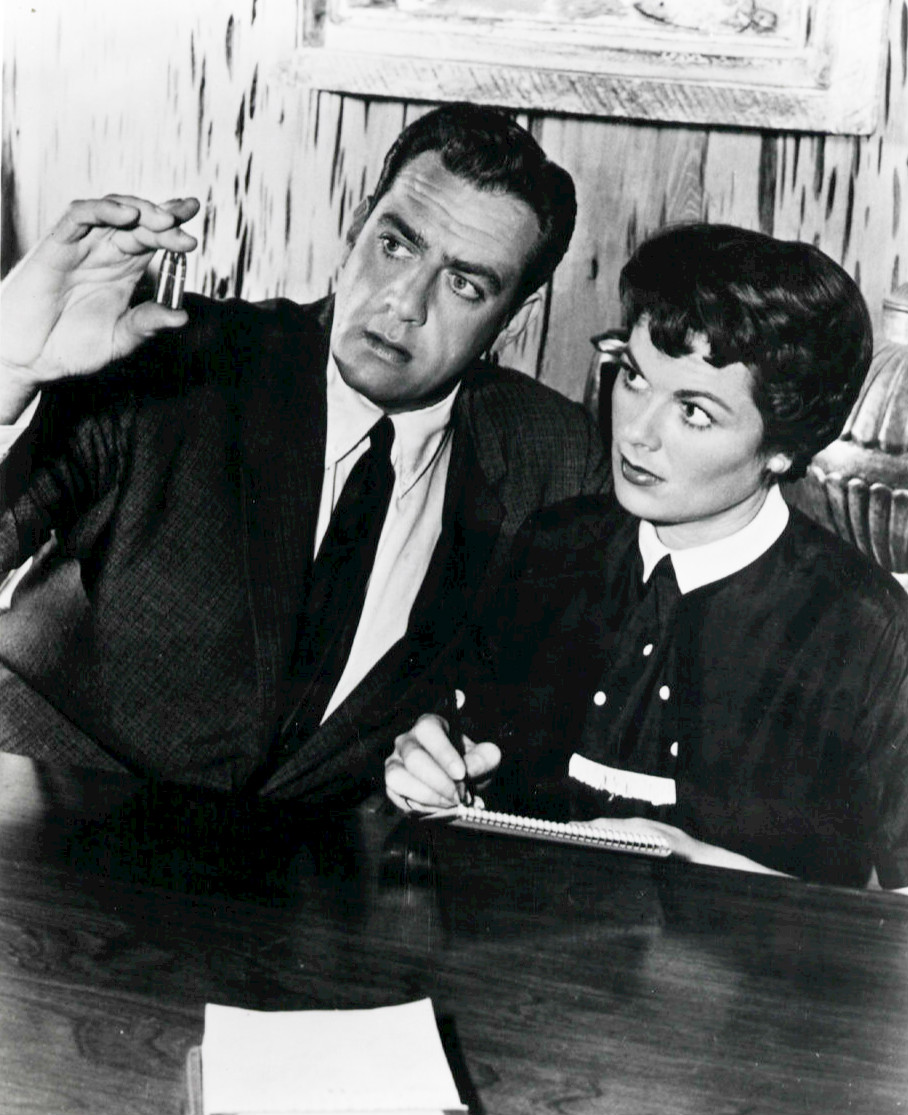|
The Creeping Terror
''The Creeping Terror'' (a.k.a. ''The Crawling Monster'') is a 1964 horror–science fiction film directed and produced by, and starring, Vic Savage. The plot is centered upon an extraterrestrial, slug-like creature that attacks and eats people whole in a small American town. Widely considered to be one of the worst films of all time, ''The Creeping Terror'' has become a cult film. Plot While driving along a highway in fictional Angel County in California, a sheriff's deputy, Martin Gordon (Vic Savage) and his wife Brett (Shannon O'Neil) meet Martin's uncle, sheriff Ben (Byrd Holland), and together they investigate a reported plane crash site. At the site, the group encounters the abandoned truck of a forest ranger, the ranger's hat, and an alien spacecraft that resembles a camping trailer; a large, slow-moving, slug-like creature had earlier emerged from the craft and departed prior to the group's arrival. Believing the absent ranger might be inside, Ben enters the craft ... [...More Info...] [...Related Items...] OR: [Wikipedia] [Google] [Baidu] |
William Thourlby
William Leo Thourlby (January 22, 1924 – April 15, 2013) was an American actor, model and writer. He was known for his rugged, cowboy look, when he appeared as the face of the Marlboro Man campaign in the 1950s. This ad campaign was one of the 20th century's most famous, redefining the Marlboro brand image from a cigarette for women to one for men. Early life and career William Thourlby was born on January 22, 1924, in Detroit, Michigan, US, the son of William H. Thourlby and Edith Thourlby. He had two siblings, both sisters; Margaret P. Thourlby and Gloria G. Thourlby. Thourlby started his modeling career by working for the pulp magazine covers. He was offered the Marlboro ad in 1953. He also began acting, appearing in the films ''The Manchurian Candidate'' (1962), ''The Creeping Terror'' (1964) as Dr. Bradford, and as Ben Wiley in ''Angel's Flight'' (1965). He was also the producer of ''Angel's Flight''. He was given the role of a Native American chief in a sportsmen's show in ... [...More Info...] [...Related Items...] OR: [Wikipedia] [Google] [Baidu] |
Police Car
A police car (also called a police cruiser, police interceptor, patrol car, area car, cop car, prowl car, squad car, radio car, or radio motor patrol) is a ground vehicle used by police and law enforcement for transportation during patrols and responses to calls for service. A type of emergency vehicle, police cars are used by police officers to patrol a beat, quickly reach incident scenes, and transport and temporarily detain suspects, all while establishing a police presence and providing visible crime deterrence. Police cars are traditionally sedans, though SUVs, crossovers, station wagons, hatchbacks, pickup trucks, utes, vans, trucks, off-road vehicles, and even performance cars have seen use in both standard patrol roles and specialized applications. Most police cars are existing vehicle models sold on the civilian market that may or may not be modified variants of their original models (such as the Ford Crown Victoria Police Interceptor being a variant of the Ford C ... [...More Info...] [...Related Items...] OR: [Wikipedia] [Google] [Baidu] |
Film Treatment
A film treatment (or simply treatment) is a piece of prose, typically the step between scene cards (index cards) and the first draft of a screenplay for a motion picture, television program, or radio play. It is generally longer and more detailed than an outline (or one-page synopsis), and it may include details of directorial style that an outline omits. Treatments read like a short story, but are told in the present tense and describe events as they happen. A treatment may also be created in the process of adapting a novel, play, or other pre-existing work into a screenplay. Original draft treatment The original draft treatment is created during the writing process and is generally long and detailed. It consists of full-scene outlines put together. Usually there are between thirty and eighty standard letter size or A4 pages (Courier New 12 point), with an average of about forty pages. For example, the draft treatment of '' The Terminator'' is forty-eight pages long. More e ... [...More Info...] [...Related Items...] OR: [Wikipedia] [Google] [Baidu] |
Docudrama
Docudrama (or documentary drama) is a genre of television and film, which features dramatized re-enactments of actual events. It is described as a hybrid of documentary and drama and "a fact-based representation of real event". Docudramas typically strive to adhere to known historical facts, while allowing some degree of dramatic license in peripheral details, such as when there are gaps in the historical record. Dialogue may, or may not, include the actual words of real-life people, as recorded in historical documents. Docudrama producers sometimes choose to film their reconstructed events in the actual locations in which the historical events occurred. A docudrama, in which historical fidelity is the keynote, is generally distinguished from a film merely " based on true events", a term which implies a greater degree of dramatic license; and from the concept of "historical drama", a broader category which may also encompass entirely fictionalized action taking place in histor ... [...More Info...] [...Related Items...] OR: [Wikipedia] [Google] [Baidu] |
Pete Schuermann
Pete Schuermann is a Colorado-based director, producer, editor and cinematographer. Career Pete Schuermann began making movies at 19 with the Star Trek parody ''Hick Trek: The Moovie'', which was released to home video in 1999. In 2005, Walt Disney Studios and Buena Vista Home Entertainment tapped Pete to co-direct and edit ''Disneyland: Then, Now and Forever'', a docu-tainment retrospective piece celebrating Disneyland’s 50th anniversary. Working with The Gordie Foundation, Schuermann directed ''Haze'', a documentary about Gordie Bailey, who died in 2004 following a hazing incident involving alcohol at the University of Colorado. The film had its world premiere at the 2008 Hamptons International Film Festival and won the Best Documentary Award at the 2009 Indie Spirit Film Festival in Colorado Springs. Schuermann's next feature-length film was ''The Creep Behind the Camera'', a comedy/drama/documentary hybrid about director Art Nelson and the making of ''The Creeping Terro ... [...More Info...] [...Related Items...] OR: [Wikipedia] [Google] [Baidu] |
The Towering Inferno (film)
''The Towering Inferno'' is a 1974 American disaster film directed by John Guillermin and produced by Irwin Allen, featuring an ensemble cast led by Paul Newman and Steve McQueen. It was adapted by Stirling Silliphant from the novels '' The Tower'' (1973) by Richard Martin Stern and ''The Glass Inferno'' (1974) by Thomas N. Scortia and Frank M. Robinson. The film earned a nomination for the Academy Award for Best Picture and was the highest-grossing film of 1974. The picture was nominated for eight Oscars in all, winning three. In addition to McQueen and Newman, the cast includes William Holden, Faye Dunaway, Fred Astaire, Susan Blakely, Richard Chamberlain, O. J. Simpson, Robert Vaughn, Robert Wagner, Susan Flannery, Gregory Sierra, Dabney Coleman, and Jennifer Jones in her final role. Plot Architect Doug Roberts returns to San Francisco for the dedication of the Glass Tower, which he designed for developer James Duncan. The tower, tall and 138 stories, is the world's talles ... [...More Info...] [...Related Items...] OR: [Wikipedia] [Google] [Baidu] |
The Poseidon Adventure (1972 Film)
''The Poseidon Adventure'' is a 1972 American disaster film directed by Ronald Neame, produced by Irwin Allen, and based on Paul Gallico's 1969 novel of the same name. It has an ensemble cast including five Oscar winners: Gene Hackman, Ernest Borgnine, Jack Albertson, Shelley Winters, and Red Buttons. The plot centers on the fictional SS ''Poseidon'', an aging luxury liner on her final voyage from New York City to Athens, before it is scrapped. On New Year's Day, it is overturned by a tsunami. Passengers and crew are trapped inside, and a preacher attempts to lead a small group of survivors to safety. The film is in the vein of other all-star disaster films of the early through mid-1970s, such as ''Airport'' (1970), ''Earthquake'' (1974), and ''The Towering Inferno'' (1974). It was released in December 1972 and was the highest-grossing film of 1973, earning over $125 million worldwide. It was nominated for eight Academy Awards, making it one of the most nominated films of all ... [...More Info...] [...Related Items...] OR: [Wikipedia] [Google] [Baidu] |
In The Heat Of The Night (film)
''In the Heat of the Night'' is a 1967 American neo-noir mystery drama film directed by Norman Jewison. It is based on John Ball's 1965 novel of the same name and tells the story of Virgil Tibbs, a Black police detective from Philadelphia, who becomes involved in a murder investigation in a small town in Mississippi. It stars Sidney Poitier and Rod Steiger, and was produced by Walter Mirisch. The screenplay was written by Stirling Silliphant. At the 40th Academy Awards the film was nominated for seven Oscars, winning five including Best Picture and Best Actor for Steiger. The quote "They call me ''Mister Tibbs!'' was listed as number 16 on the American Film Institute's '' 100 Years...100 Movie Quotes'', a list of top film quotes. The film also appears on AFI's '' 100 Years...100 Movies'', a list of the 100 greatest movies in American cinema. In 2002, the film was selected for preservation in the United States National Film Registry by the Library of Congress as being "cultu ... [...More Info...] [...Related Items...] OR: [Wikipedia] [Google] [Baidu] |
Route 66 (TV Series)
''Route 66'' is an American adventure crime drama television series that premiered on CBS on October 7, 1960, and ran until March 20, 1964, for a total of 116 episodes. The series was created by Herbert B. Leonard and Stirling Silliphant, who were also responsible for the ABC drama '' Naked City'', from which ''Route 66'' was an indirect spin-off. Both series employed a format with elements of both traditional drama and anthology drama, but the difference was where the shows were set: ''Naked City'' was set in New York City, while ''Route 66'' had its setting change from week to week, with each episode being shot on location. ''Route 66'' followed two young men traversing the United States in a Chevrolet Corvette convertible, and the events and consequences surrounding their journeys. Martin Milner starred as Tod Stiles, a recent college graduate with no future prospects because of circumstances beyond his control. He was originally joined on his travels by Buz Murdock (play ... [...More Info...] [...Related Items...] OR: [Wikipedia] [Google] [Baidu] |
Naked City (TV Series)
''Naked City'' is an American police procedural television series from Screen Gems that aired on ABC from 1958 to 1959 and from 1960 to 1963. It was inspired by the 1948 motion picture ''The Naked City'' and mimics its dramatic "semi- documentary" format. As in the film, each episode concluded with a narrator intoning the iconic line: "There are eight million stories in the naked city. This has been one of them." The ''Naked City'' episode "Four Sweet Corners" (1959) inspired the series '' Route 66'', created by Stirling Silliphant. ''Route 66'' was broadcast by CBS from 1960 to 1964, and, like ''Naked City'', followed the "semi-anthology" format of building the stories around the guest actors, rather than the regular cast. In 1997, the episode "Sweet Prince of Delancey Street" (1961) was ranked number 93 on ''TV Guide'' " 100 Greatest Episodes of All Time" list. Synopsis Filmed on location in New York City, the series concerned the detectives of NYPD's 65th Precinct (changed f ... [...More Info...] [...Related Items...] OR: [Wikipedia] [Google] [Baidu] |
Perry Mason (1957 TV Series)
''Perry Mason'' is an American legal drama series originally broadcast on CBS television from September 21, 1957, to May 22, 1966. The title character, portrayed by Raymond Burr, is a Los Angeles criminal defense lawyer who originally appeared in detective fiction by Erle Stanley Gardner. Many episodes are based on stories written by Gardner. ''Perry Mason'' was one of Hollywood's first weekly one-hour series filmed for television, and remains one of the longest-running and most successful legal-themed television series. During its first season, it received a Primetime Emmy Award nomination for Outstanding Dramatic Series, and it became one of the five most popular shows on television. Burr received two Emmy Awards for Outstanding Lead Actor in a Drama Series, and Barbara Hale received an Emmy Award for Outstanding Supporting Actress in a Drama Series for her portrayal of Mason's confidential secretary Della Street. ''Perry Mason'' and Burr were honored as Favorite Series and F ... [...More Info...] [...Related Items...] OR: [Wikipedia] [Google] [Baidu] |
Alfred Hitchcock Presents
''Alfred Hitchcock Presents'' is an American television anthology series created, hosted and produced by Alfred Hitchcock, aired on CBS and NBC between 1955 and 1965. It features dramas, thrillers and mysteries. Between 1962 and 1965 it was renamed ''The Alfred Hitchcock Hour''. Hitchcock himself directed only 18 episodes during its run. By the time the show premiered on October 2, 1955, Hitchcock had been directing films for over three decades. ''Time'' magazine named ''Alfred Hitchcock Presents'' as one of "The 100 Best TV Shows of All Time". The Writers Guild of America ranked it #79 on their list of the 101 Best-Written TV Series, tying it with '' Monty Python's Flying Circus'', '' Star Trek: The Next Generation'' and '' Upstairs, Downstairs''. In 2021, ''Rolling Stone'' ranked it 18th on its list of 30 Best Horror TV Shows of All Time. A series of literary anthologies with the running title ''Alfred Hitchcock Presents'' were issued to capitalize on the success of the telev ... [...More Info...] [...Related Items...] OR: [Wikipedia] [Google] [Baidu] |



